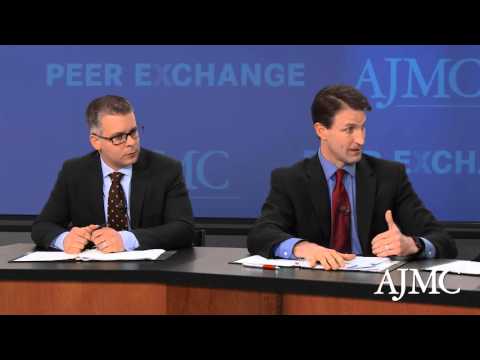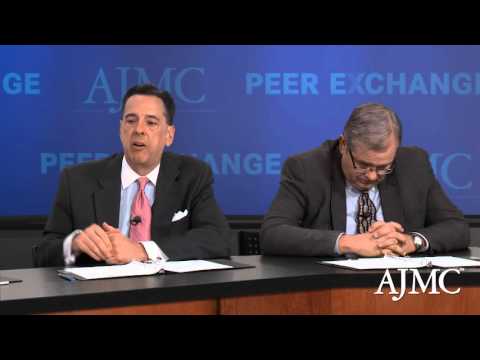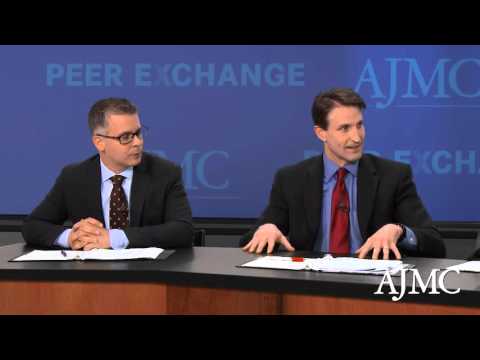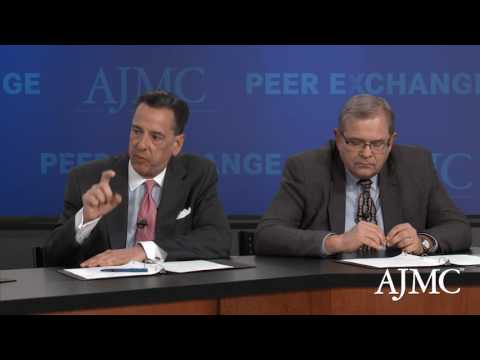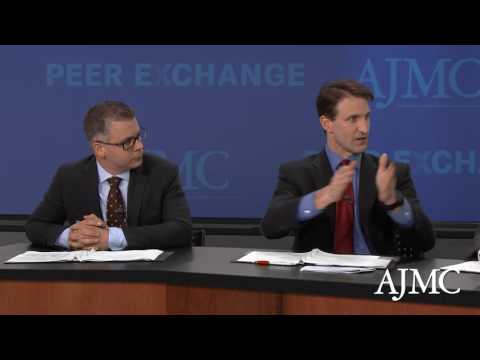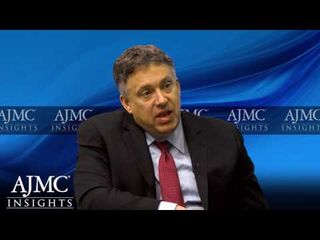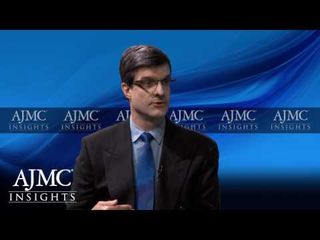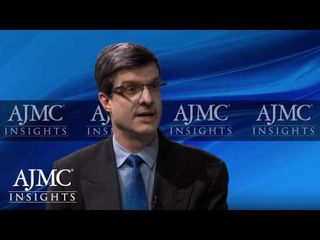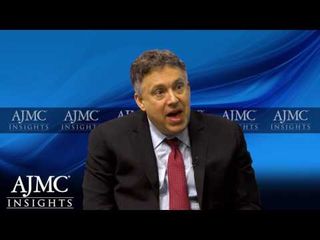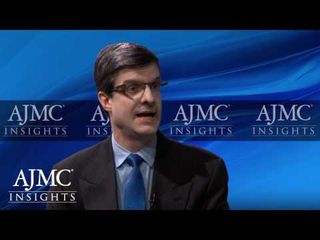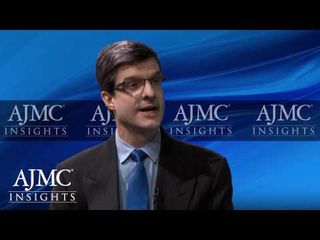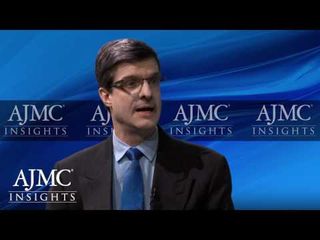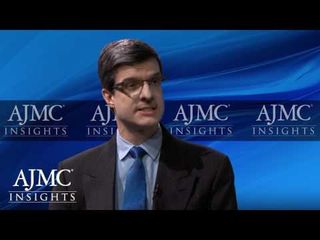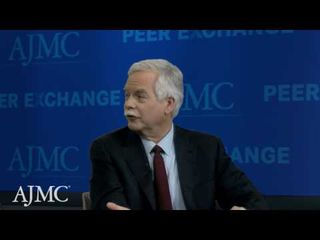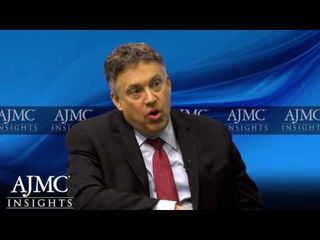
Clinical
Latest News
Latest Videos

CME Content
More News
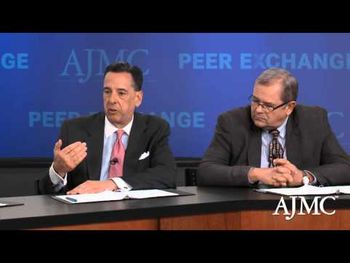
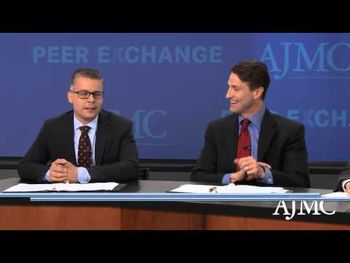
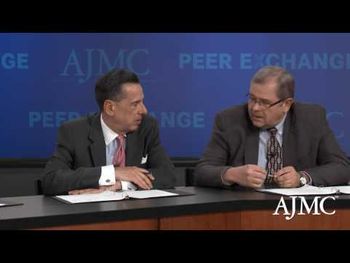
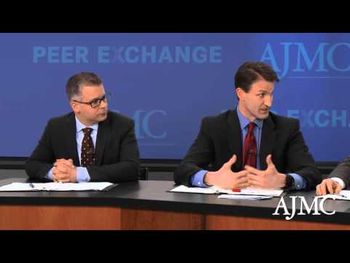
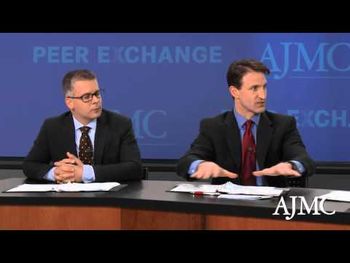
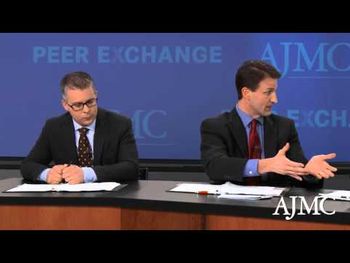
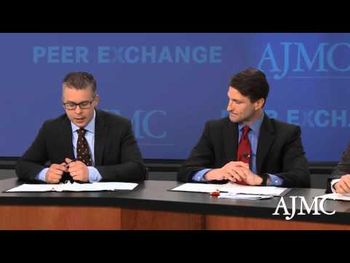
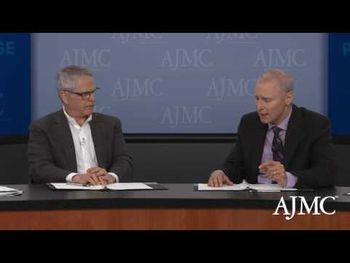
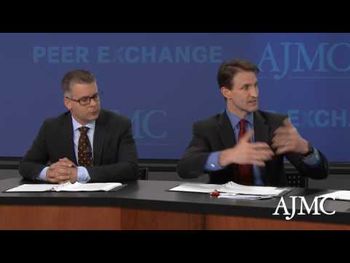
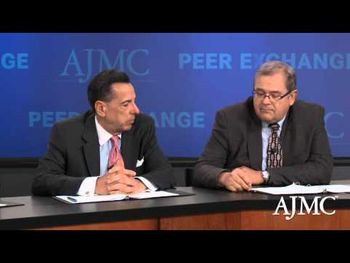
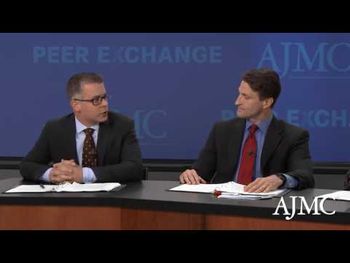
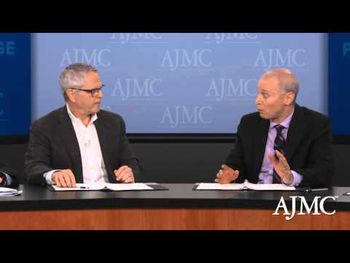
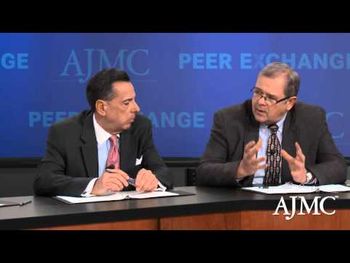
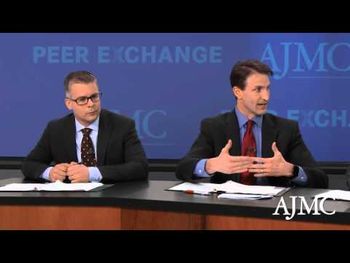
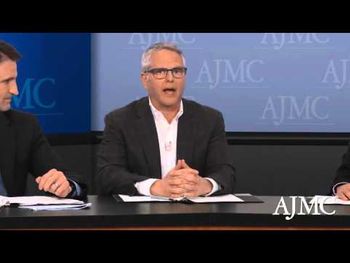

When pricing new drugs, it’s difficult to understand how their performance will play out in the long term, and for that reason, Institute for Clinical and Economic Review (ICER) has created models that predict future costs and benefits, said Steven Pearson, MD, MSc, FRCP, founder and president of ICER.

A small study in 30 patients with advanced B-cell acute lymphoblastic leukemia has further strengthened the faith in the potential of chimeric antigen receptor or CAR-T cell therapy.

A company in Canada, Biolyse Pharma, has offered to manufacture a generic version of enzalutamide at a significantly lower price than what CMS paid in 2014.
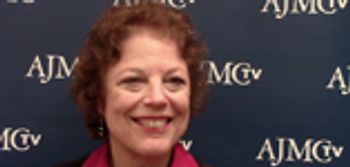
Listening to patient-reported outcomes, especially in clinical trials, is extremely important, especially the array of technology available to collect this information, said Sophia K. Smith, PhD, MSW, associate professor at the Duke School of Nursing.

A collaboration between the Dana-Farber Cancer Institute and the fitness tracking company Fitbit will investigate whether weight loss in women diagnosed with breast cancer can stave off recurrence.

A new study found that public understanding of the role of evidence-based care is equally as important as the medical evidence.
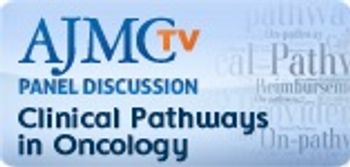
Panel participants provide their perspectives on how they would like to see the field of oncology clinical pathways develop.

Panelists explain the need and the challenges with including principles of palliative care in oncology clinical pathways.

Robert Dubois, MD, PhD, shares findings from their recently published study in The American Journal of Managed Care, which showed that patients do not know they are being treated on predetermined pathways.

Neither Blase Polite, MD, MPP, not Robert Dubois, MD, PhD, believe that clinical pathways restrict patient access to care.
